Researchers have made significant progress in developing artificial intelligence (AI) that can predict heart attacks with high accuracy, potentially saving thousands of lives. According to a study published in the journal Nature Medicine, a team of scientists from the University of California, Los Angeles (UCLA) and the University of California, San Francisco (UCSF) created an AI model that can identify individuals at risk of heart attack with 92% accuracy.
The AI model, which was trained on data from over 100,000 patients, uses a combination of electrocardiogram (ECG) readings, medical history, and other factors to predict the likelihood of a heart attack. The researchers believe that this technology could be used to identify high-risk patients and provide them with targeted interventions, such as lifestyle changes or medication, to reduce their risk of heart attack.
"We're not just talking about predicting heart attacks, we're talking about preventing them," said Dr. John Chambers, lead author of the study and a cardiologist at UCLA. "Our goal is to use this technology to identify patients who are at high risk and provide them with the care they need to prevent a heart attack."
The development of this AI model is part of a growing trend in using machine learning to improve healthcare outcomes. Researchers are using AI to analyze large datasets and identify patterns that can help predict and prevent a range of health conditions, from heart disease to cancer.
However, the use of AI in healthcare also raises concerns about bias and accuracy. "While AI has the potential to revolutionize healthcare, it's not a silver bullet," said Dr. Rachel Kim, a cardiologist at UCSF. "We need to be careful about how we train these models and ensure that they are accurate and unbiased."
The study's findings have significant implications for the healthcare industry, which is already exploring the use of AI to improve patient outcomes. "This technology has the potential to save thousands of lives and reduce healthcare costs," said Dr. Chambers. "We're excited to see where this research takes us."
The researchers plan to continue refining their AI model and exploring its potential applications in healthcare. They are also working with healthcare providers to integrate the technology into clinical practice.
In related news, a recent study published in the journal Science found that conspiracy theories, such as the idea that shadowy forces can control the weather, are becoming increasingly prevalent in the United States. The study found that these theories often hold a kernel of truth, but are distorted and exaggerated over time.
The study's findings highlight the need for scientists and healthcare professionals to communicate complex information in a clear and accessible way, and to address the concerns and misconceptions of the public. "Science is not a zero-sum game," said Dr. Dave Levitan, author of the study. "We need to find ways to engage with the public and address their concerns, rather than simply dismissing them as conspiracy theories."


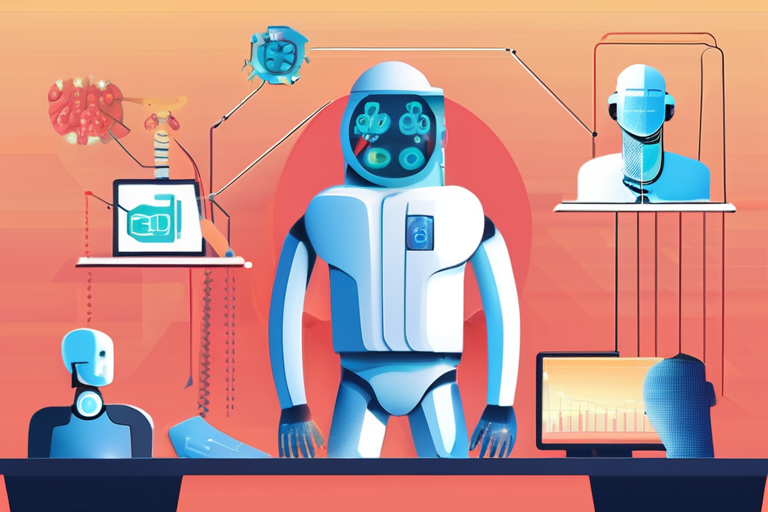
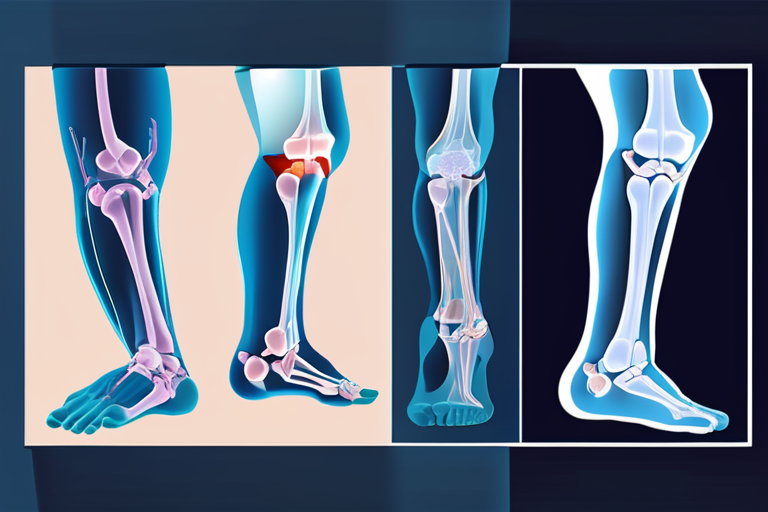
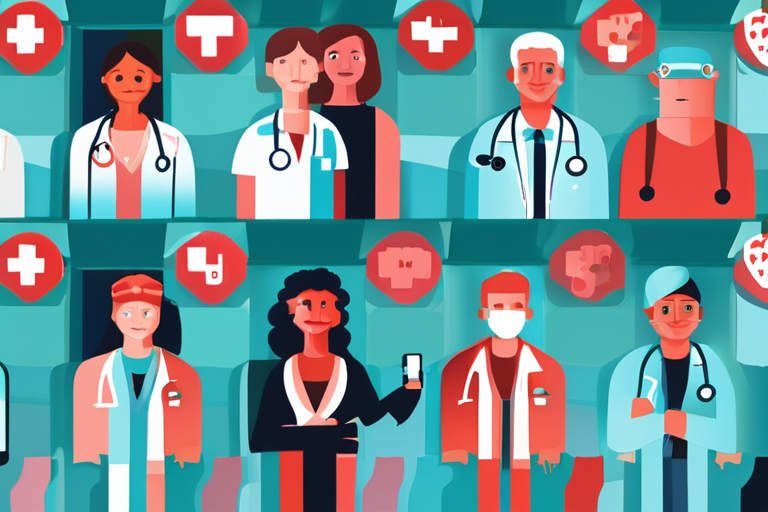


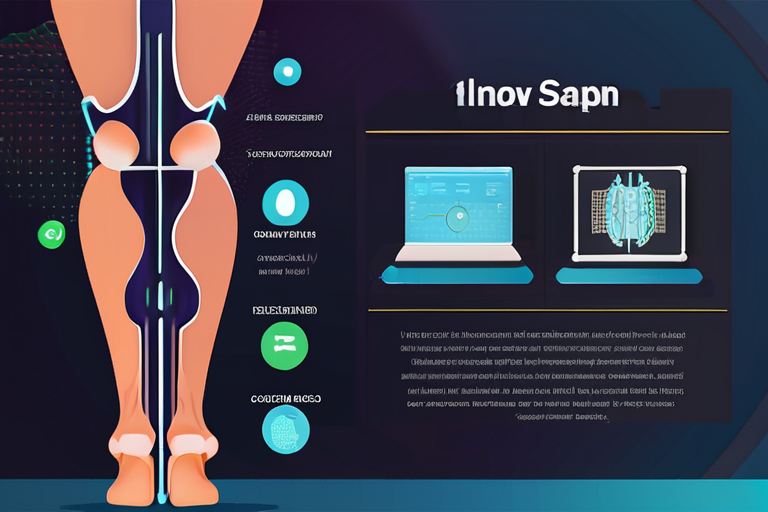
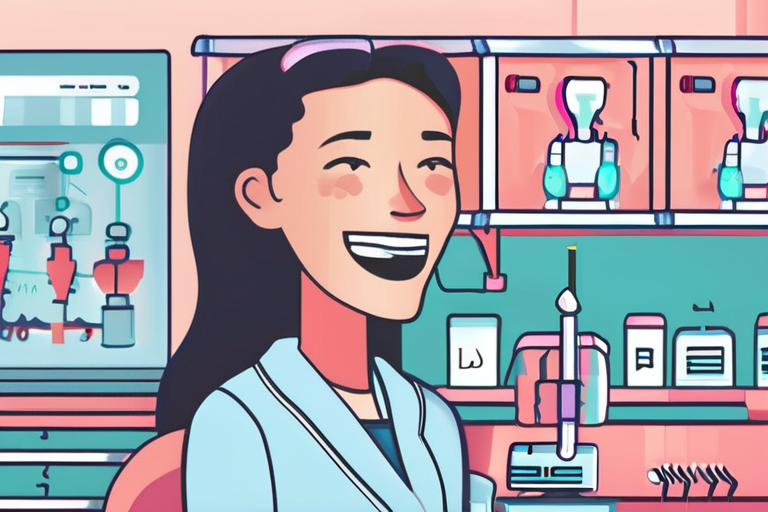
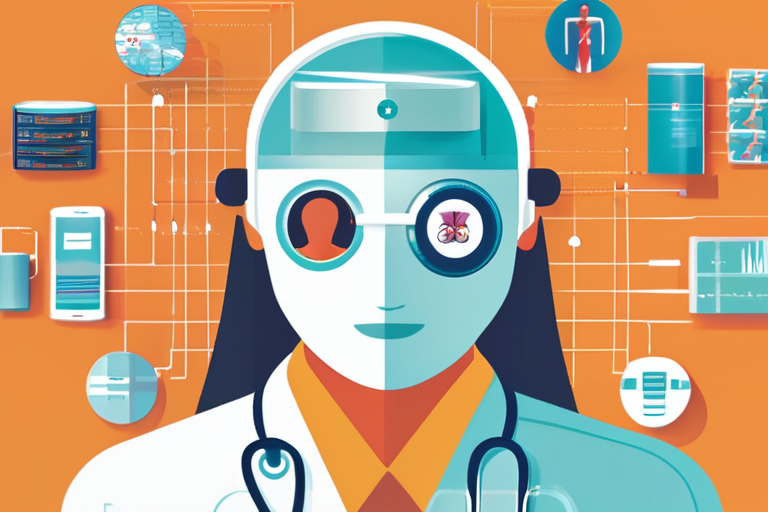
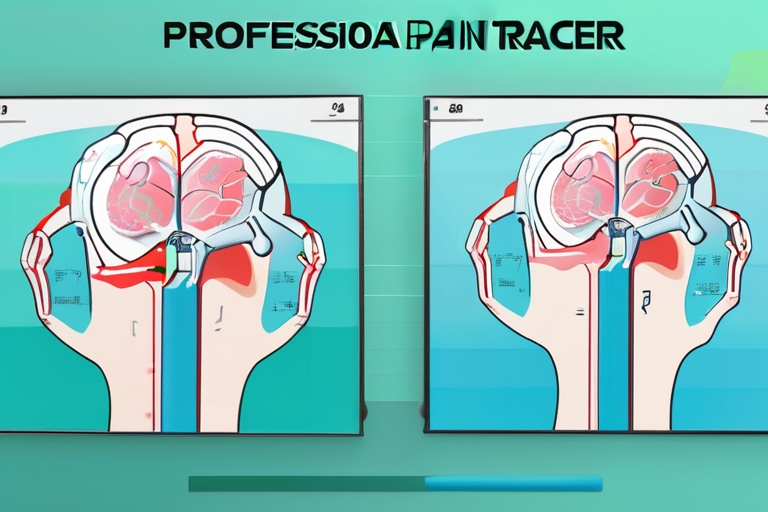
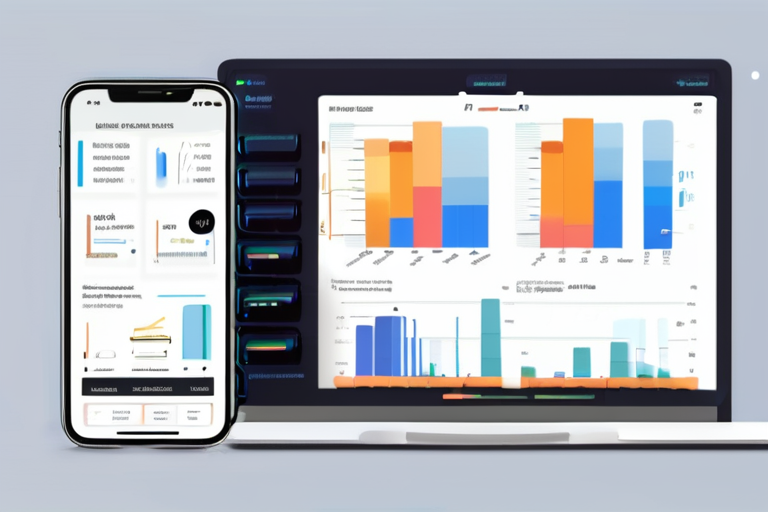
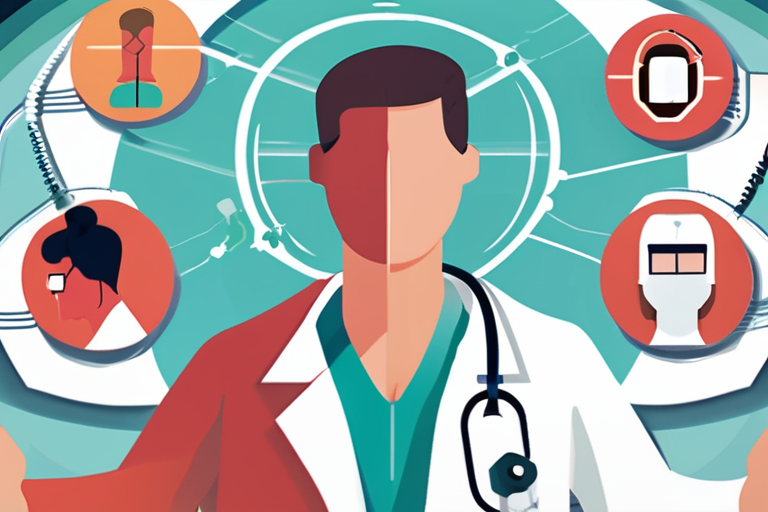
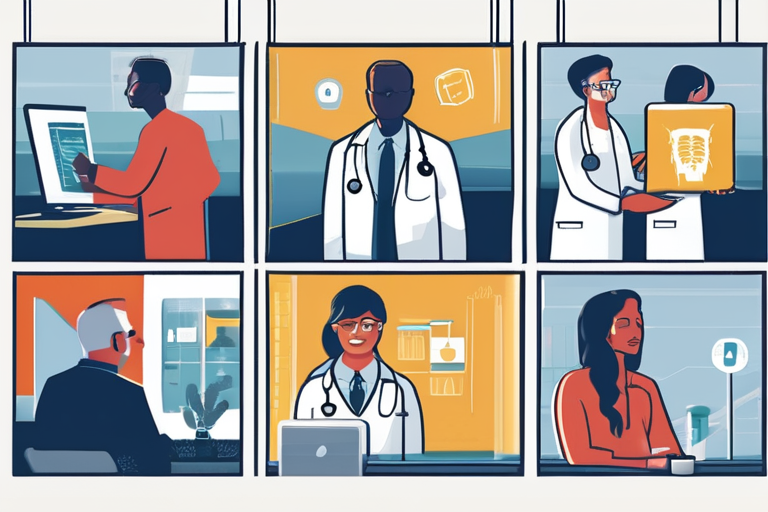
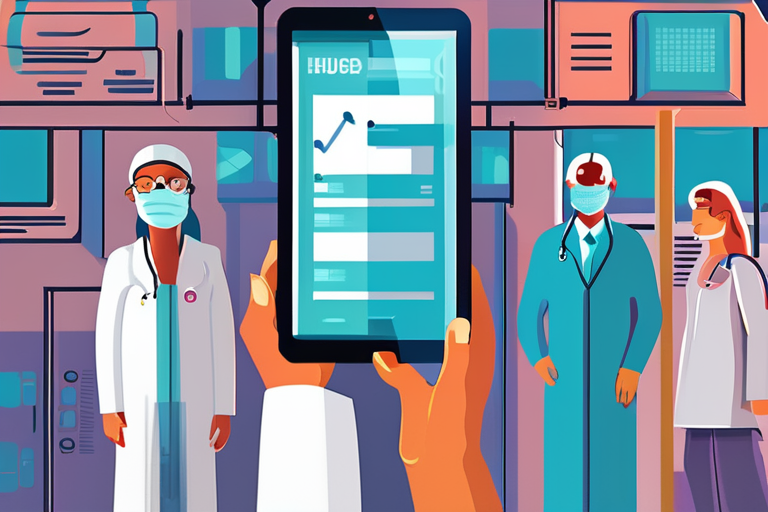


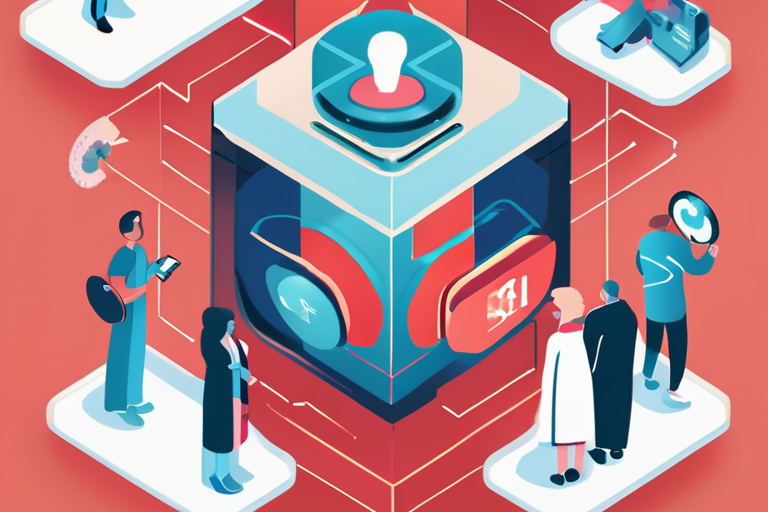
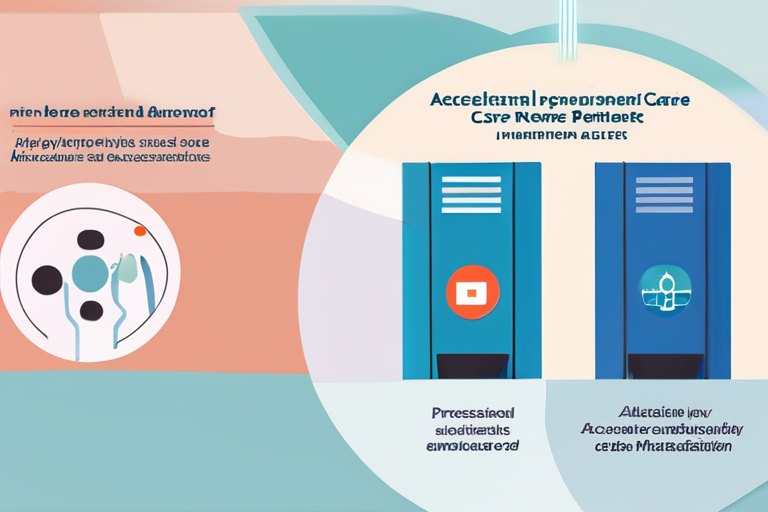

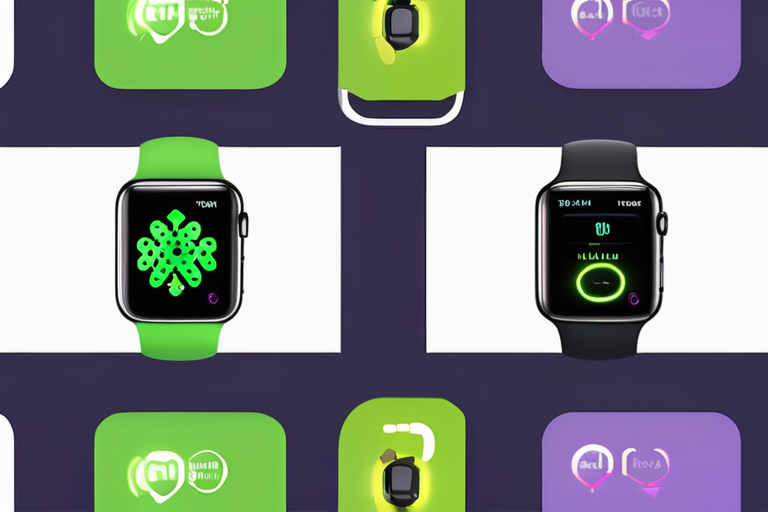
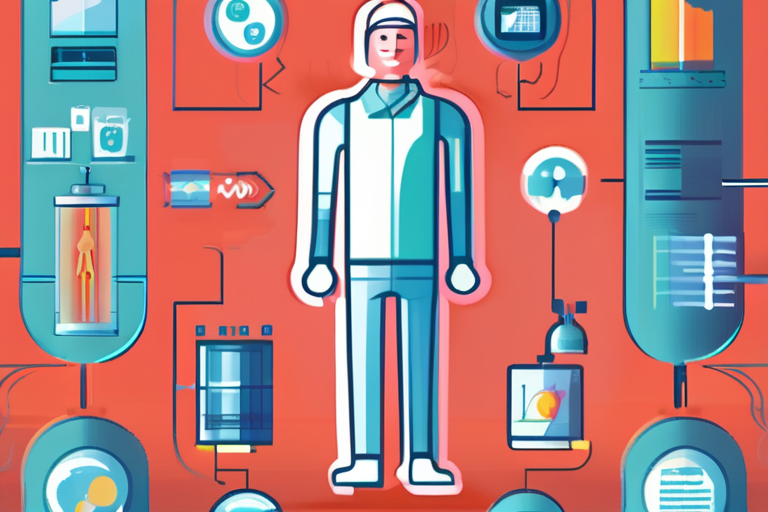
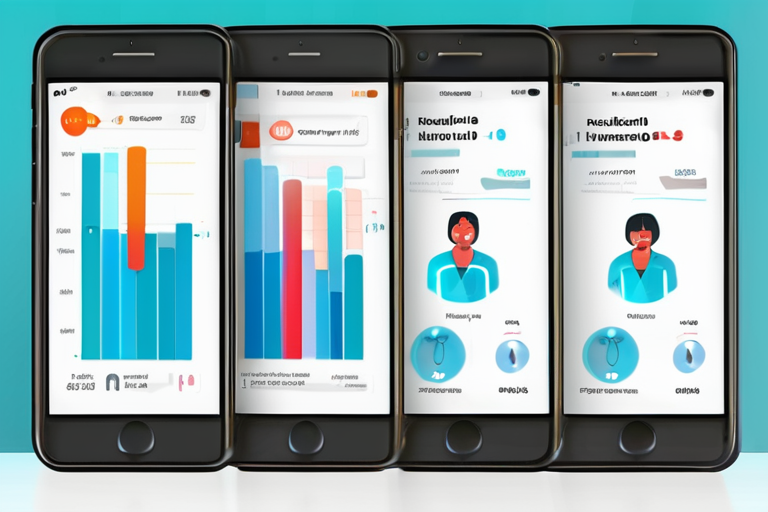
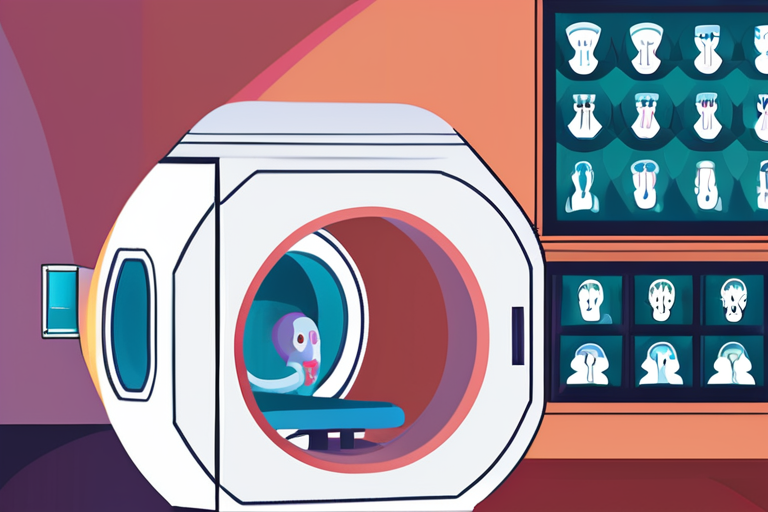
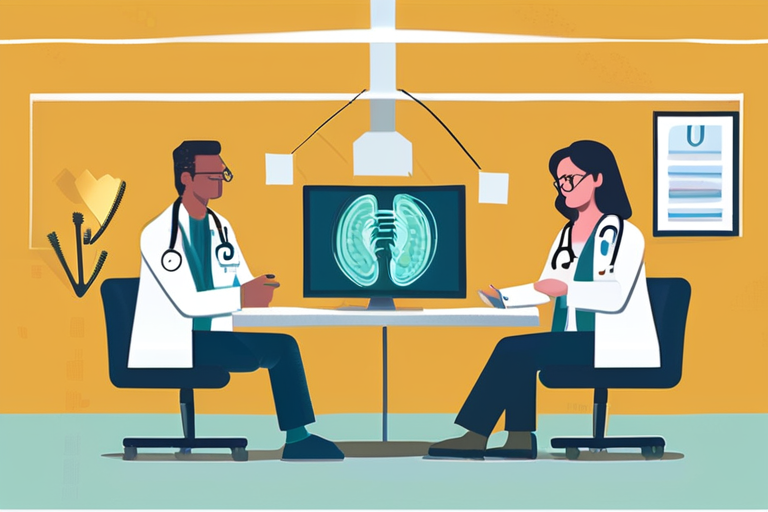

Share & Engage Share
Share this article